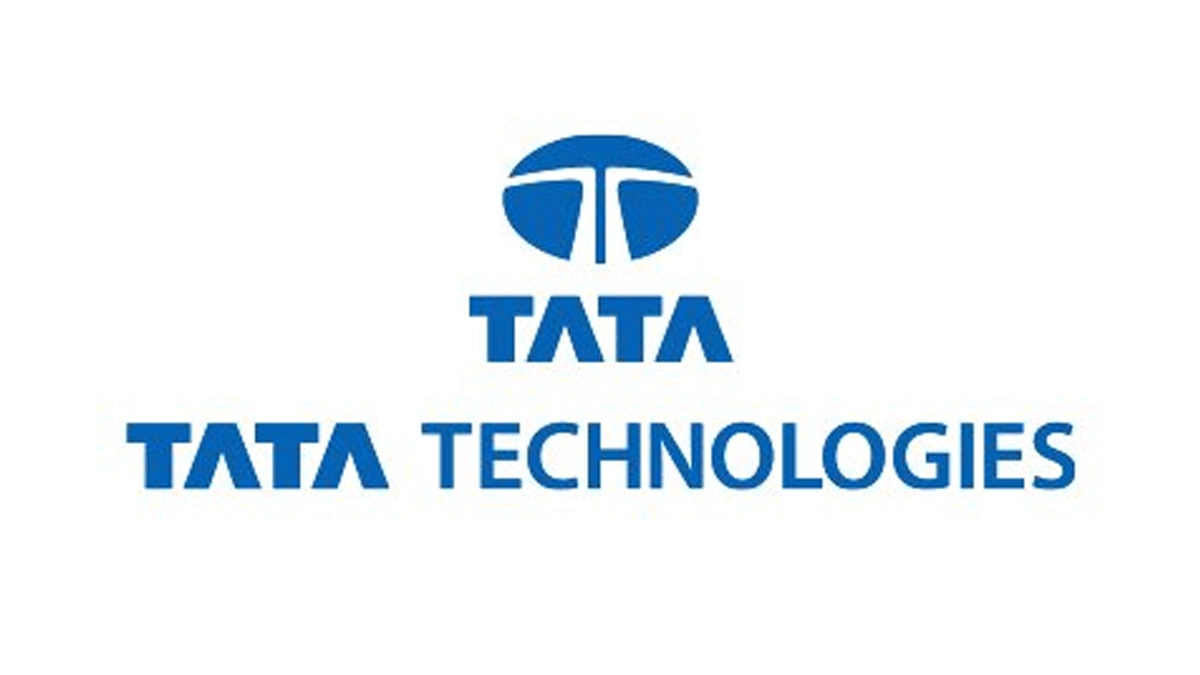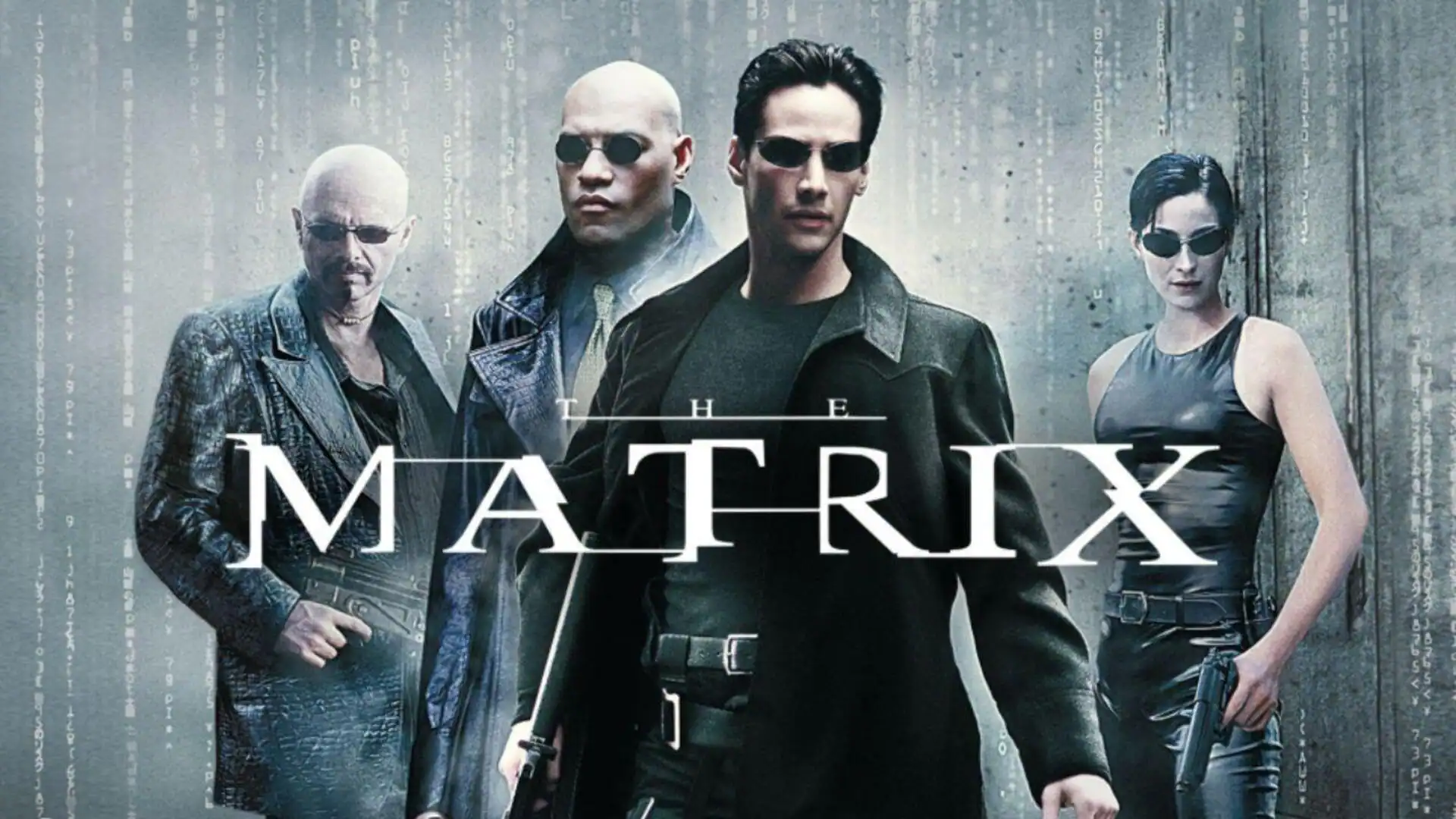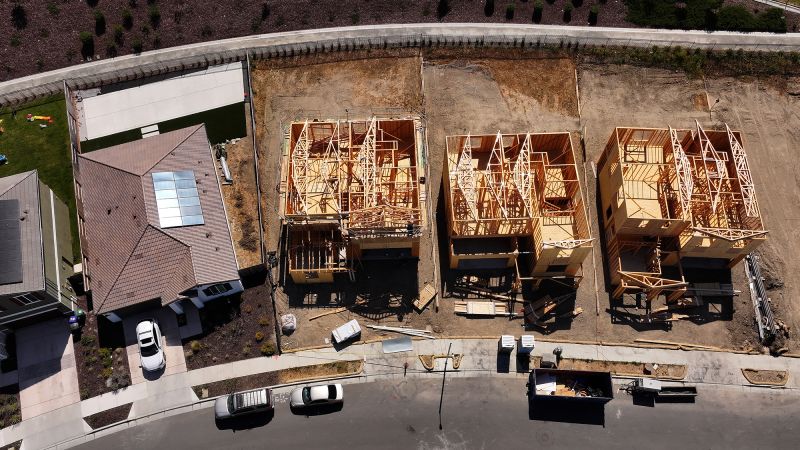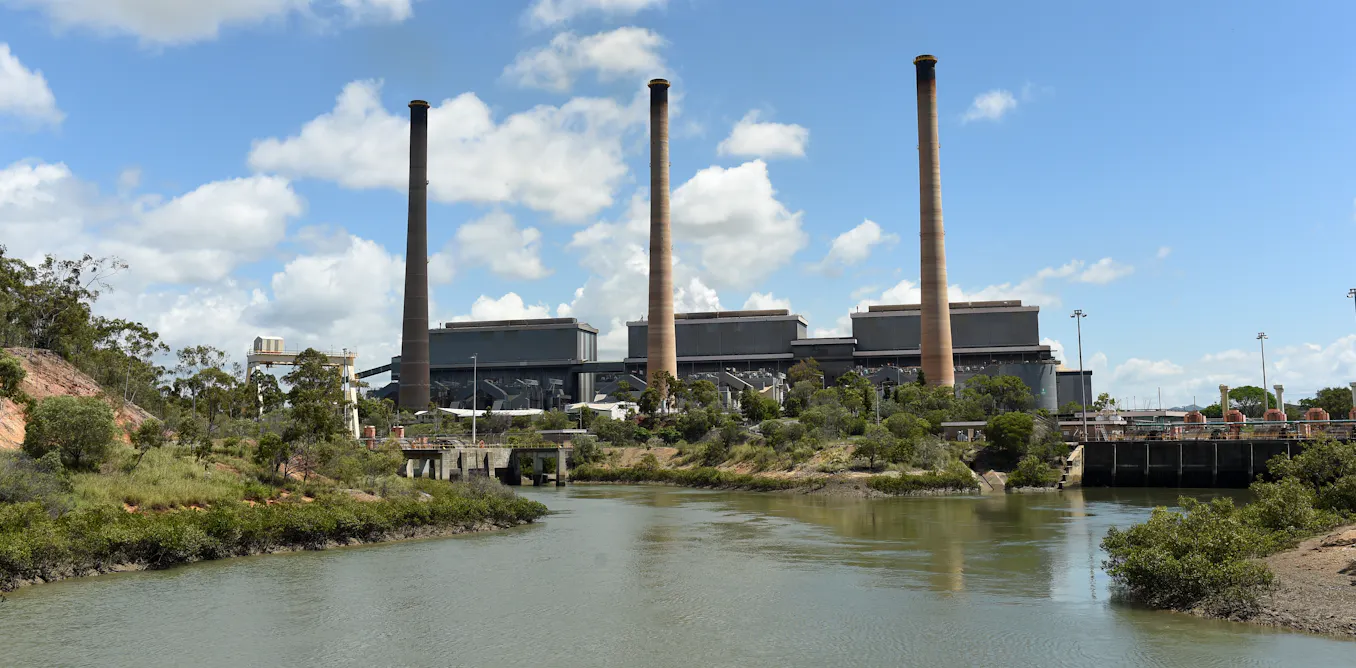Copyright latestly

New Delhi, October 23: Tata Technologies is planning to increase hiring of local employees in the US in response to the recent hike in H-1B visa fees introduced under President Donald Trump’s immigration policies. The development comes as part of the company’s strategy to adapt to changing regulations affecting foreign talent. Unlike Tata Technologies, TCS had earlier indicated that it does not intend to recruit new H-1B visa holders. Tata Technologies offers engineering and technology solutions to automotive, aerospace, and heavy equipment manufacturers across many countries, employs more than 12,000 people worldwide, including its workforce in the US. Reddit Sues Perplexity Over Alleged Data Scraping To Train Its AI-Based Search Engine. The US government has raised the H-1B visa fee to USD 1,00,000 per year. Indian nationals made up almost three-fourths of H-1B visa beneficiaries last year. As per a report of Reuters, Tata Technologies CEO and Managing Director Warren Harris said, "As we react and respond to the change in legislation in and around visas, it will mean that we will be recruiting more local nationals in the United States." Tata Technologies does not provide detailed revenue or employee figures by country, but North America reportedly contributed about a fifth of its 51.68 billion rupees (USD 587.97 million) for 2024-2025. The company, which serves clients like Jaguar Land Rover (JLR), Vietnamese EV maker VinFast, and Boeing, already has a workforce composed of more than 70 percent local employees in China, Sweden, the UK, and the US. Satya Nadella Pay Package: Microsoft CEO Pay Jumps to USD 96.5 Million in FY25 Amid Progress in AI Under His Leadership. The company depends on outsourcing projects from US corporations. It has faced challenges as automotive clients reduce spending due to the effects of US tariffs. Despite this, the CEO of Tata Technologies remains optimistic about opportunities in the United States. Harris said, "We do see a pickup in the United States in the next 6 to 9 months now that our customers have come to terms with the new tariff regime."



